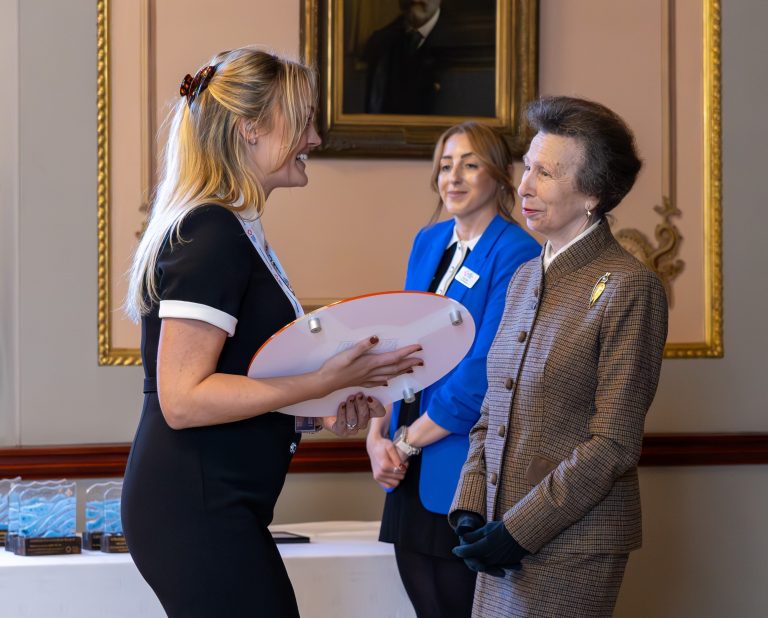Trent Refractories appoints new commercial manager
Doncaster house builder wins Project of the Year title
City council names new Chief Exec to take over next year
Leeds makes money available to support world-class thinking by city’s businesses
- Boosting the capabilities of innovative businesses already operating in fields such as artificial intelligence or financial, health and legal technology;
- Supporting people from diverse backgrounds who want to launch their own innovation-led businesses;
- Raising the profile of Leeds as a centre for innovation and showcasing its strengths to outside investors.
Housebuilder submits plans to deliver 170-home development in Lincolnshire
Demolition works mark start of Rotherham Markets transformation
Work has started on the demolition of the former Drummond Street shops – also known as the Guardian Centre buildings – at the Rotherham Markets site this week.
Hull locksmith finds key to £60,000 investment
Hull-based locksmith J O’Neill & Co has secured £60,000 from the Northern Powerhouse Investment Fund II, and will use it to meet increased demand, buy new equipment, create six new jobs, and safeguard 30 existing ones.
And the decision makes it one of the first businesses in the Humber to benefit from a NPIF II Smaller Loan since the launch of the £660m fund in March this year.MD Ben Hicks said: “This funding marks an important milestone for J O’Neill & Co as we continue to build on our 80-year legacy. It will allow us to invest in new equipment, meet growing demand, and create valuable job opportunities for the local community. We take great pride in our roots, and with this support from BEF and NPIF II, we’re well positioned to strengthen our service offering while driving sustainable growth for the future.”
Duane Walker, investment manager at BEF said: “We’re delighted to support J O’Neill & Co through the NPIF II and CIEF2 funds. As a longstanding, family-run business with deep ties to the local community, they exemplify the kind of enterprise we’re committed to helping grow and thrive. This funding will not only enable them to invest in new equipment and expand their operations but also contribute to the creation of new jobs, further supporting economic growth in the region.”
Founded in 1945 by James O’Neill, the business provides 24/7 locksmith services, garage door installation services, property maintenance, and safe engineering across the East Riding of Yorkshire.
The £660m Northern Powerhouse Investment Fund II (NPIFII) covers the entire North of England and provides loans from £25k to £2m and equity investment up to £5m to help a range of small and medium sized businesses to start up, scale up or stay ahead.
The purpose of the Northern Powerhouse Investment Fund II is to drive sustainable economic growth by supporting innovation and creating local opportunity for new and growing businesses across the North of England. The Northern Powerhouse Investment Fund II will increase the supply and diversity of early-stage finance for the North’s smaller businesses, providing funds to firms that might otherwise not receive investment and help to break down barriers in access to finance.












